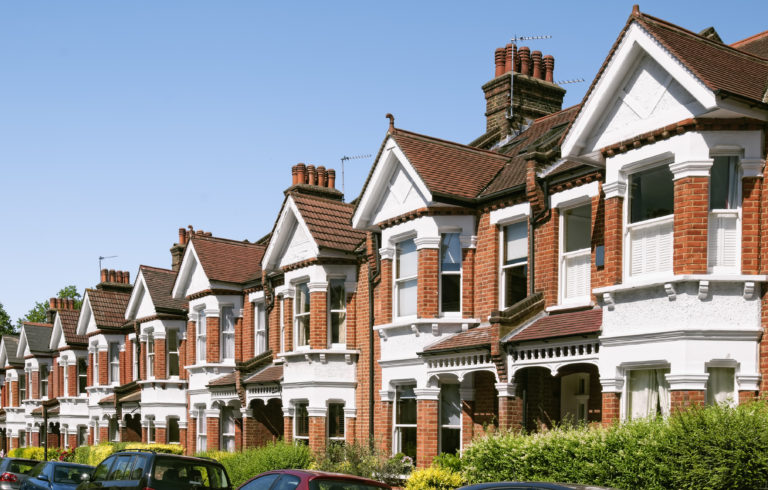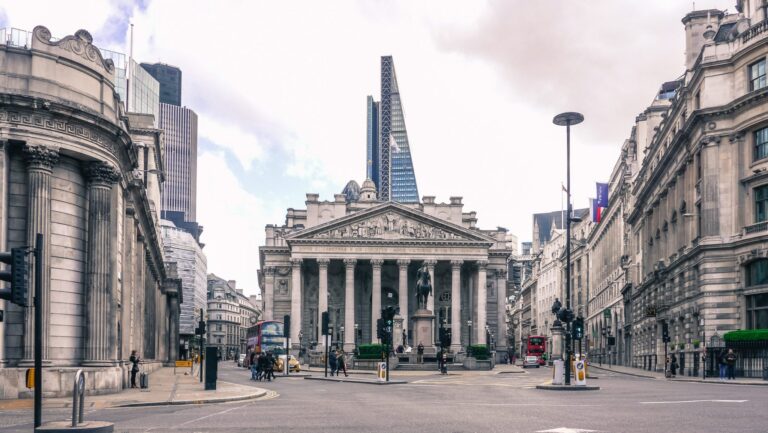Last year’s Paradise Papers leak revealed the secret, offshore ownership and investments of the powerful and wealthy, and Theresa May has since come under more pressure to create a public register to increase transparency and combat corruption.
This week in the House of Lords, the prime minister agreed to set out a timetable for revealing the foreign ownership of British property, after coming under pressure from peers Lord Faulks and Lord Hodgson.
The deadline for revealing the information has now been set at early 2021 after Faulks and Hodgson proposed an amendment to the Sanctions and Anti-Money Laundering Bill. The amendment addresses the prevention of investment into the UK from companies whose proceeds have been gained by crime and corruption.
Since 2004, £180m worth of UK property has been investigated as the suspected proceeds of corruption, over three quarters of which are known to use offshore corporate secrecy – which could indicate the use of high-level money laundering.
Rachel Davies Teka, head of advocacy at Transparency International UK, said: “The longer we have to wait for this register, the longer corrupt individuals will be able to use the UK property market to hide their wealth.”
Expose the murky companies
Anti-corruption tsar John Penrose said: “More than £122bn of property in England and Wales is owned by offshore firms. If they’re clean and reputable, fine, they’ll have nothing to fear. But if murky shell companies have bought British property with plundered or laundered cash, we don’t want them here.”
The government had previously agreed that such corruption was a risk to the UK’s international reputation and allowing it to continue ran the risk of helping to keep property prices artificially high. However, no action had yet been taken, which is why the peers had pushed for a timetable to be set by the prime minister.
Faulks said: “I suppose you want to encourage foreign investment but not this sort. A way to reduce or stamp it out is a register where companies have to declare beneficial owners.” The creation of the register would leave the market more open to legitimate investors.
Business secretary Greg Clark said: “We are committed to protecting the integrity and reputation of our property market to ensure the UK is seen as an attractive business environment – a key part of our Industrial Strategy.
“This world-first register will build on our reputation for corporate transparency as well as helping to create a hostile environment for economic crimes like money laundering.”










